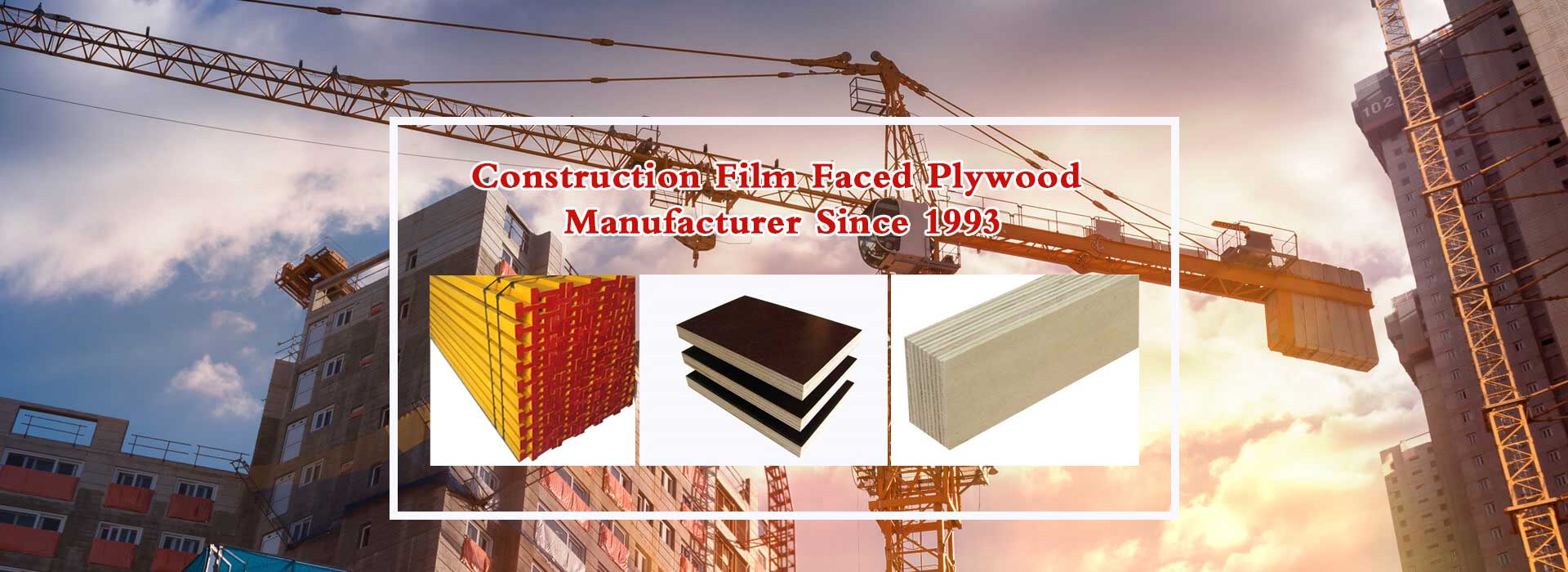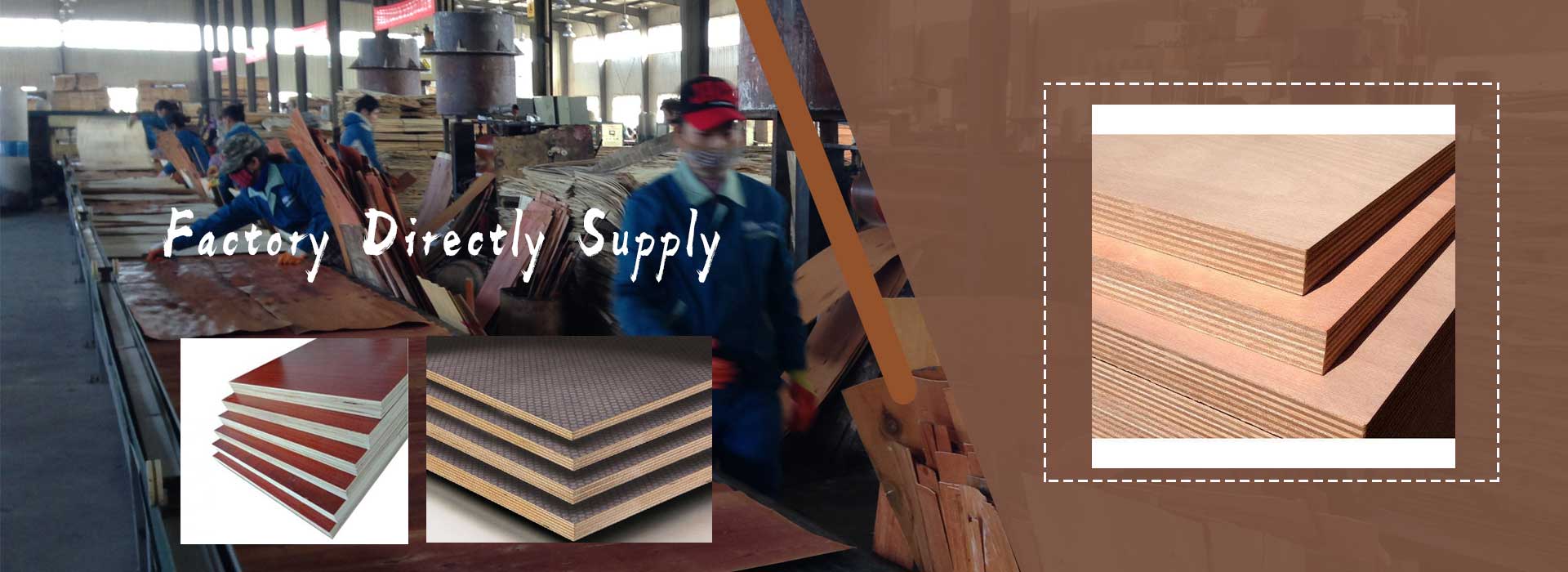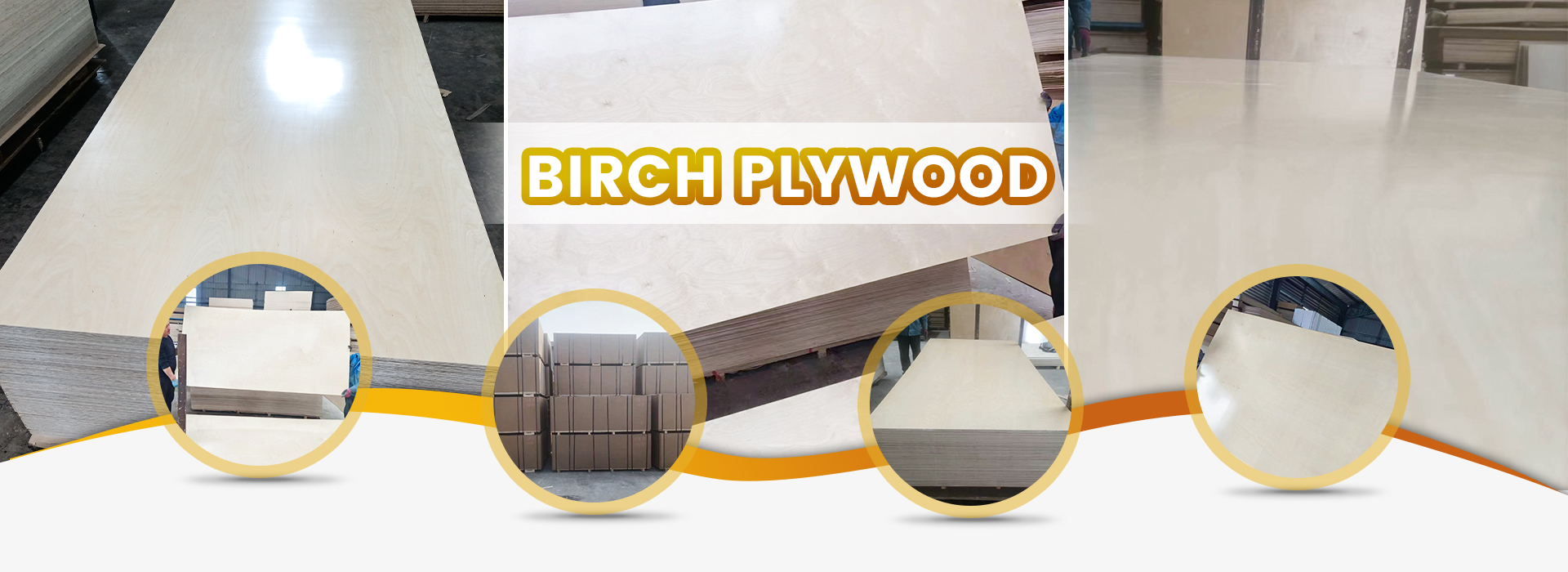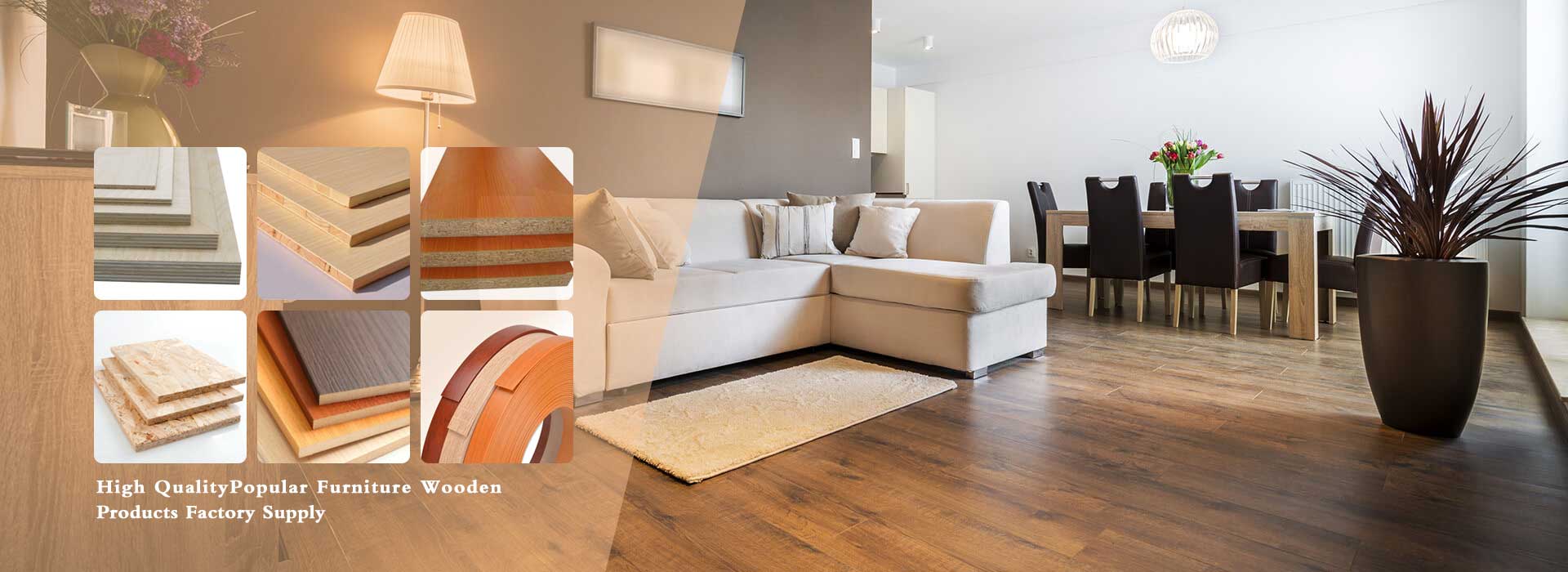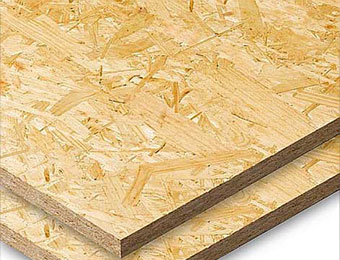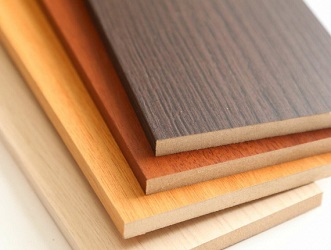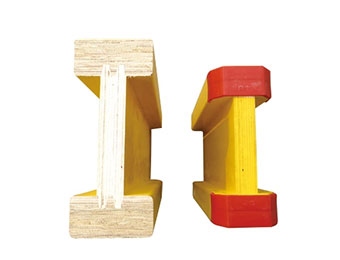When it comes to choosing the right material for your woodworking projects, two common options are commercial board and commercial plywood. Both have their own unique features, advantages, and considerations that need to be addressed. In this article, we will delve into a detailed comparison of commercial board and commercial plywood. Let's explore the key differences between these two materials.
1. Composition:
Commercial plywood is manufactured by gluing together multiple piles of wood, resulting in a sturdy and robust material. On the other hand, commercial boards, also known as medium-density fiberboards, are made by mixing fine particles of wood called wood fibers with adhesive, which is then compressed under high pressure. This process creates a dense and uniform board.
2. Strength and Durability:
Due to its layered construction, commercial plywood boasts exceptional strength and durability. It is capable of withstanding heavy loads and offers resistance to warping and swelling. In contrast, while commercial boards are also strong, they may not have the same level of resilience as plywood. Particle boards tend to be less resistant to moisture and may experience swelling or weakening over time.
3. Versatility:
Commercial plywood is widely regarded for its versatility, making it suitable for a range of applications, including furniture making, construction, and interior design. Its durability and strength make it a popular choice for heavy-duty projects. Moreover, plywood can be easily laminated with decorative sheets for aesthetic appeal. On the other hand, commercial boards are often used for projects that do not require the same level of strength or durability, such as shelving, cabinetry interiors, or lightweight furniture.
4. Cost:
Commercial plywood is generally more expensive than commercial boards. The plywood manufacturing process involves layering and bonding wood, resulting in a higher production cost. However, when considering the longevity and performance of plywood, it offers better long-term value for money compared to commercial boards.
In conclusion, both commercial board and commercial plywood have their own merits and applications. Ultimately, the choice between commercial board and commercial plywood depends on the specific requirements of your project and your budget constraints.


